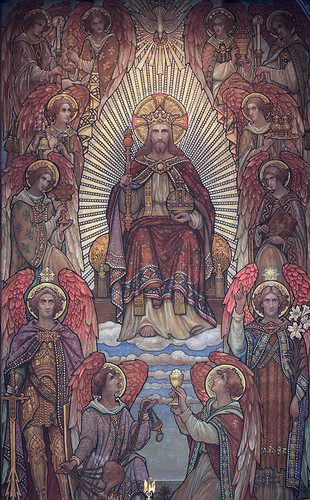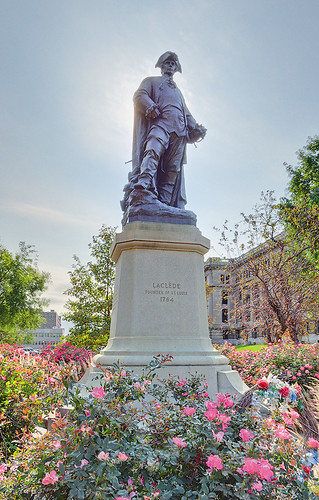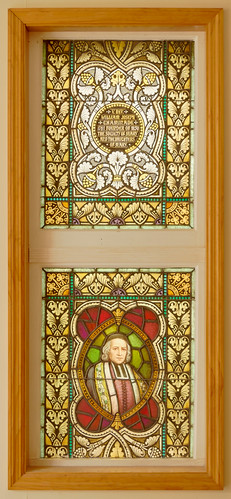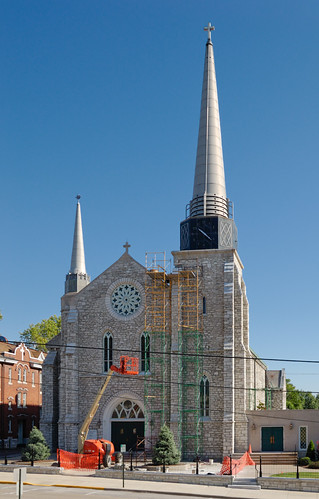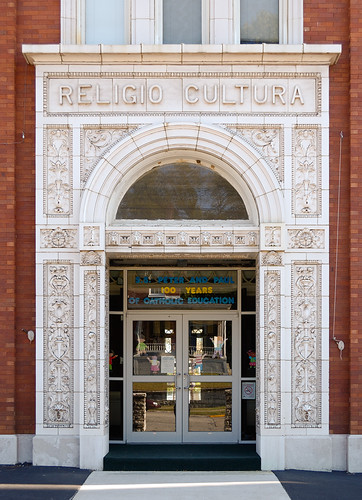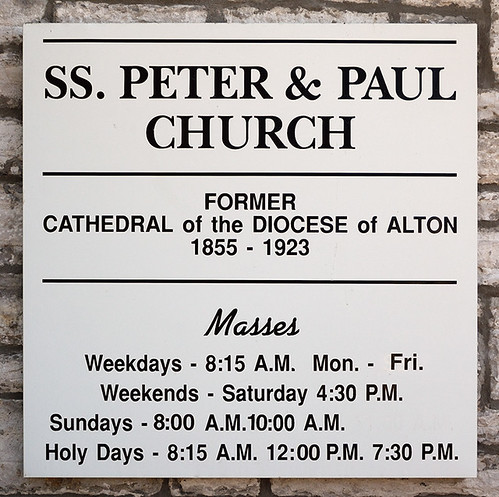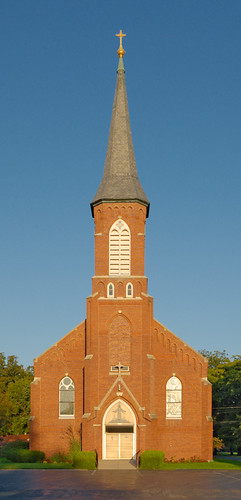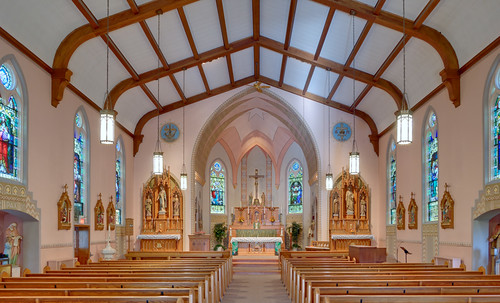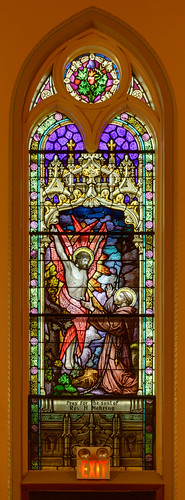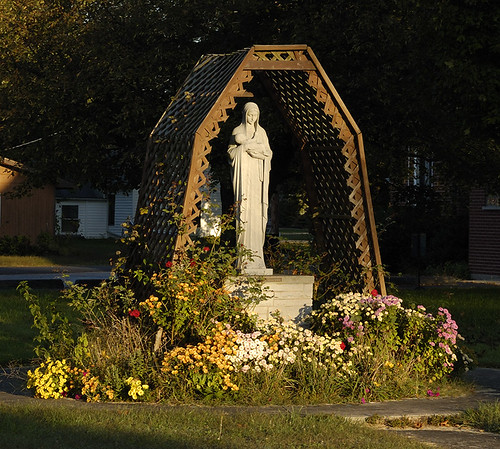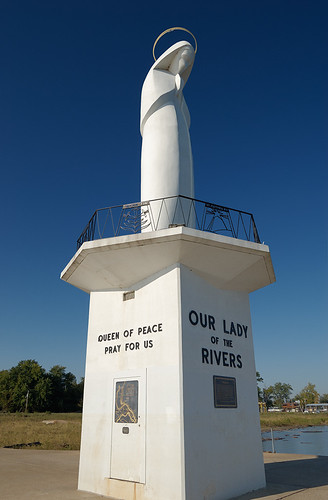THE RECENT PRESIDENTIAL and Vice-Presidential debates have been subjected to intense scrutinization and interpretation.
Having listened to all of the debates so far, I must admit to being somewhat overwhelmed by the rhetoric, and brings up the subject of how
ought someone judge these debates. Two paths of interpretation seem clear, at least on the surface: is the candidate
one of us; or,
what can I get from the candidate? These are rather superficial, and ought to be contrasted with judging the candidates on the issues.
Identity politics judges candidates based on culture, and ultimately isn't too bad of a voting strategy, the problem being whether or not the candidate is 'authentic' and will remain loyal to his culture. But political powers are intensely active in attempting to change cultures for the benefit of political concerns. We see this in the creation of the 'working class' both by industrialists and their marxist opponents, the creation of the African-American underclass in the 1960s, and the gay culture manufactured more recently. So judging a candidate by identity is problematic because identity has been made for the benefit of the politicians.
Sarah Palin seems to have the greatest identity amongst the candidates: she has a certain cuteness primarily found among conservative Evangelical Protestant women, along with Western rural self-reliance and toughness. Personally, I find her folksiness a bit grating (I rather prefer women who are more cultured and speak likewise), but this, in my opinion, is far preferable to the culture of left-feminism. Barack Obama is obviously not 'authentically' African-American (despite his efforts), but as I mentioned, that identity has been rather recently manufactured, and he rather has more in common with the general leftist political class in the United States.
John McCain and Joe Biden are alike in many ways, and their identity is best seen as 'Senatorial'. This is by design: the founders of the United States specifically created the Senate upon the model of the Senate of the Roman Republic, and intended that body to be continuing, deliberating, collegial, and elite, with its powers being balanced by the Executive, Judiciary, and the House of Representatives. Senators, due to their unique culture, are often seen as being poor candidates for the Presidency, with those from the rank of State Governor being more suited to the position. Republican Rome instead selected its executives according to the cursus honorum, or "course of honor", where an aspiring executive would be elected to a series of military and civil posts of increasing authority and executive power.
Biden, according to his style, is clearly the product of a good Catholic education; although it must not have been that good of a Catholic education, considering his policy positions.
Voting according to identity politics, as we have seen, can be problematic due to politics changing culture for its own benefit. Alternatively, each candidate can be judged on what they will give you. This is problematic due to the nature of the process: one hand takes while the other gives away, and ends up being the policy of Plato's character Polemarchus in the Republic, where justice is helping one's friends and harming one's enemies. Politics, then, is a struggle between opposing forces, and to the victor go the spoils of battle. Certainly this political model is why U.S. Presidential elections are lengthy and very expensive: people can make or lose plenty of money or liberty based on the outcome.
But it can be hard to determine which candidate will actually help or harm you, especially for those in the middle class. Obama in particular is proposing complicated policies that can be likened to a fog, with actual benefits and costs being rather ambiguous or indeterminate for the middle. The very wealthy and the very poor have clearer choices, since they will likely receive goodies gratis, and humans (and even apes) will fight more bitterly over freely-given abundance than for the rewards of their own effort. We ought to be worried: current policies favor the politically-connected wealthy and the dependent classes, and harm the more self-reliant middle class; the United States may end up having a culture like Latin America, with rich and poor and the few in the middle owing their position to the whim of the State.
As political and economic power is centralized, more people are forced into judging candidates according to benefits and harm, and thereby encouraging candidates to be demagogues.
It is often proposed that the most enlightened method of judging candidates is on the merits of their policies, and for this reason debates are presented. The opinion of undecided voters, upon viewing these debates, is given much emphasis and credence by the news media.
But being a moderate is often not being an adherent to high enlightened principle, but rather is siding with whomever is the winner. And much of political strategy is based on influencing these undecideds — politicians fight over the few in middle, although they do not want to alienate their base so much as to lose their vote.
Rhetoric is the tool used to convince the undecideds. Plato's dialogue Gorgias depicts Socrates debating Athens' greatest rhetorician. Whereas Gorgias states that his art promotes justice, Socrates rather likens rhetoric to a form of flattery: experts have no need for flowery language, while rhetoric is likely only to sway the ignorant. Rhetoric is then a dangerous practice if unrooted in truth and goodness; dangerous, that is, to the soul of the rhetorician, and to the bodies of those influenced by the rhetoric. Rhetoric, according to Plato, is inferior to teaching.
We ought to consider instead fundamental principles, which are often left behind in the noise of the rhetoric of policy positions. One general principle is that society cannot be just unless individuals are just; however, justice is both ill-defined by our culture, and we have the notion that we can set up just systems to regulate a society of unjust persons. This is deadly, and leads to a society ruled by those elites who consider the nation to be their own personal plaything, with the bulk of the population being reduced to infantile dependency.
The Founding Fathers of our republic partly based the Constitution on Natural Law principles, as suggested by the sole Catholic founder, Charles Carroll. However, our practical nation does not value philosophy, and so these principles were poorly understood and have now been nearly forgotten. Good philosophy ought to be recovered as a key to the restoration of our republic. Catholic social doctrine contains such good philosophy, and is based on a reasoned consideration of the strength and weakness of human nature. For more information, see the
Compendium of the Social Doctrine of the Church.


